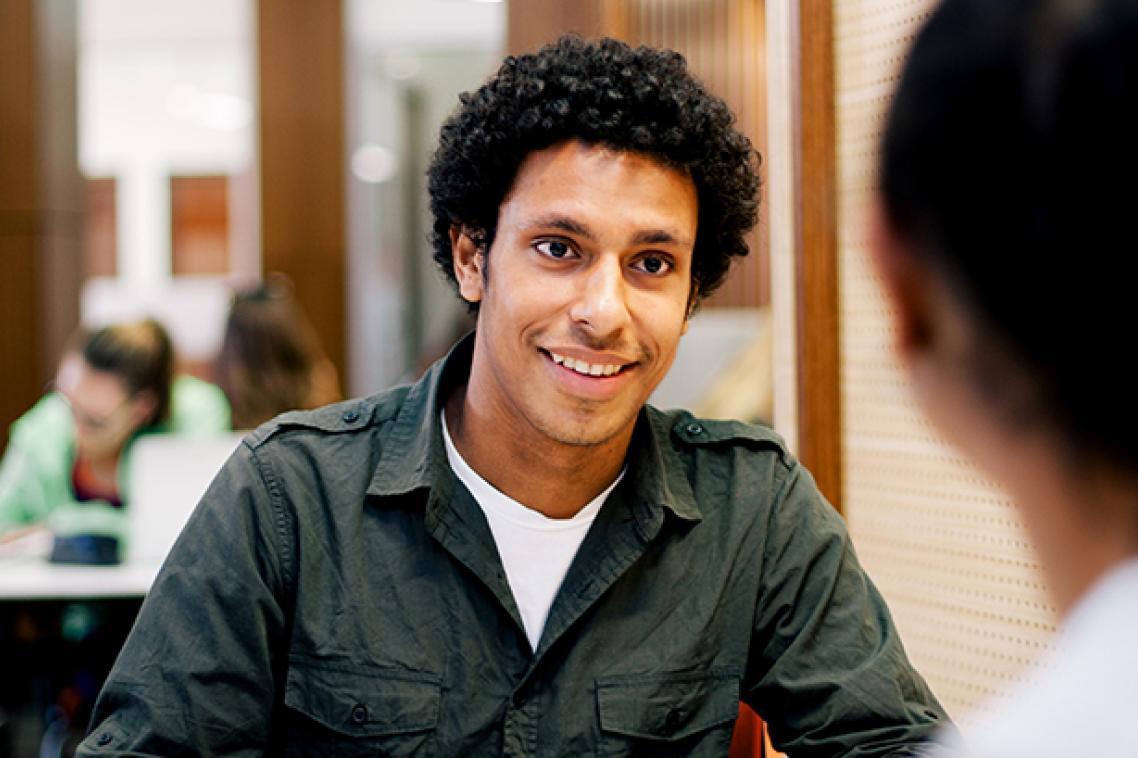Yarning for success

Indigenous academics commencing at The University of Queensland’s Faculty of Health and Behavioural Sciences will benefit from a new program designed to advance their academic career aspirations in a supportive environment.
UQ Faculty of Health and Behavioural Sciences Executive Dean Professor Bruce Abernethy said nine Indigenous academics who began their career with the Faculty this year are the first to start the 18-month program – Yarning for Success.
“It’s essential we provide a safe space for Aboriginal and Torres Strait Islander staff, students and partners to fulfil their potential,” Professor Abernethy said.
“At UQ we’re striving to be an employer of choice for Aboriginal and Torres Strait Islander people, specifically growing the Indigenous workforce to a three per cent employment target, with a focus on key leadership roles.
“Creating an inclusive and respectful culturally diverse and safe work environment is an investment.
“The recruitment of the new Aboriginal and Torres Strait Islander staff through the alternative career pathway program is a great example of UQ’s commitment to demonstrating reconciliation in action.”
Yarning for Success encompasses three distinct parts aimed to grow recruit’s academic skills, develop wider capabilities beyond the higher education sector, and ensure the workforce and workplaces are respectful and culturally safe.
Dr Carmen Parter from UQ’s Poche Centre said the program provided a suite of strategies to support the development of new recruits.
“While each recruit brings their own diverse strengths and capabilities, it’s critical that the teams ensure the work they do is consistent with their skills and career aspirations,” Dr Parter said.
“Far too often institutions expect such staff to drive whole-of-university strategies, when they don’t necessarily have the reach, resources, or discipline-specific knowledge to do so.
“Sometimes institutions become overzealous and unintentionally expect the one-and-only Indigenous person to be the answer for all responses regarding cultural competency and cultural safety.
“We must avoid this.”
The new Indigenous recruits will co-design elements of the Yarning for Success program alongside an internal working group.
Evaluation of the program’s impact and processes will follow the first 18 months to ensure it delivers intended outcomes into the future.
Media: UQ Communication, Kirsten O’Leary, k.oleary@uq.edu.au, +61 412 307 594, @UQhealth; Dr Carmen Parter, c.parter@uq.edu.au
Topics
Related articles

Restoring confidence: proposed standards to identify and measure microplastics

Australia's AI Safety Gap Is 4,000 Times Bigger Than You Think.
Media contact
UQ Communications
communications@uq.edu.au
+61 429 056 139
